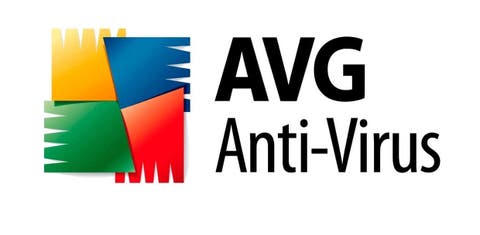A PCMag and Motherboard survey highlights Avast AVG antivirus practices regarding your personal data. The free antivirus claims to collect data anonymously. It allows web giants to simply track all of your internet activity.
Avast and its subsidiary AVG are again implicated in a case of sale of personal data. This time, it’s their free antivirus solution that is accused of collecting and sharing personal information. PCMag and Motherboard have carried out a joint investigation that reveals how the antivirus betrays its users in favor of giants such as Microsoft, Amazon or Google.
Aside from the open-source world, truly free software and services are becoming increasingly scarce. If some are content to remind us very regularly that we must obtain a license, others use more or less devious methods to ensure their profitability. Very often, this is how users become the product without realizing it. The method obviously poses a problem of trust. Especially when the service or software is supposed to protect us and ensure our confidentiality.
Avast AVG antivirus: would a free antivirus become spyware?
The AVG free antivirus solution monitors all your activity on the Internet and shares it with Jumpshot, its subsidiary specializing in online marketing. In particular, it collects browsing history and data relating to online purchases. Jumpshot customers can thus know exactly your journey and what type of consumer you are. At Avast’s expense, the software offers the option of accepting or refusing data sharing. He specifies that they “are completely anonymous and cannot be in use to identify or target you”.
The PCMag and Motherboard survey shows that the collection is far from anonymous. Although not tied to an IP address or email, Avast associates it with what they call a “device ID”. This unique and persistent identifier is supposed to guarantee your anonymity, however, it betrays your identity. If the device ID 1234 went to Amazon to buy an iPad Pro from Safari v.13.0.4 on 25/12/20 at 14 h 34 min 33s and 72 ms, Amazon has no problem knowing who it is. If you want to remain anonymous, disable data collection or choose a better free antivirus.
Following the publication of the security threats, Avast asserted its right to reply. The security specialist ensures “to understand and take seriously the responsibility of balancing the privacy of users with the necessary use of data for our main security products”. Here is the press release in full.
Avast respond to the privacy scandal
“In December 2019, we quickly took the necessary steps to meet the standards of browser extension stores. We are now compliant with their requirements for our online security extensions”. At the same time, we have completely stopped using browser extension data for purposes other than the primary security engine. Including sharing with our affiliate Jumpshot.
We ensure that Jumpshot does not acquire personal identification information, including name, email address or contact details. Users have always had the option to refuse to share data with Jumpshot. In July 2019, we had already started to set up an explicit choice of acceptance or refusal for all new downloads of our software. And we now invite our current free users to make a choice of acceptance or refusal, a process that will be complete in February 2020.
Our privacy policy details the protections we put in place for all of our users. They can also choose to adjust their level of privacy using the wide range of parameters available in our products. This is including controlling any data sharing at any time. We voluntarily comply with the privacy requirements of the GDPR and the California Consumer Protection Act (CCPA) for our entire global user base.
We have a long history of protecting devices and user data from malware.Of course, we understand and take seriously the responsibility of balancing user privacy with the necessary use of data for our core security products. ”
